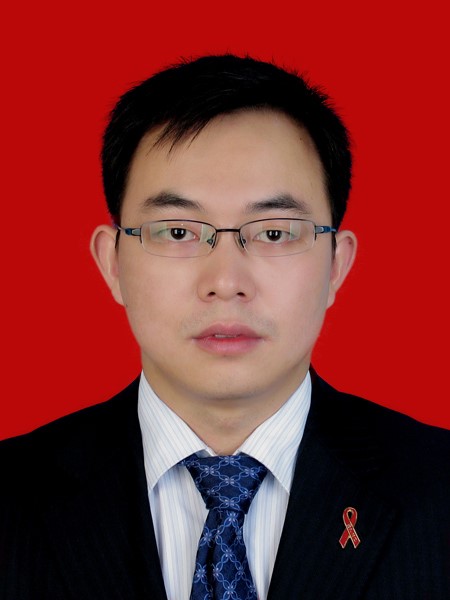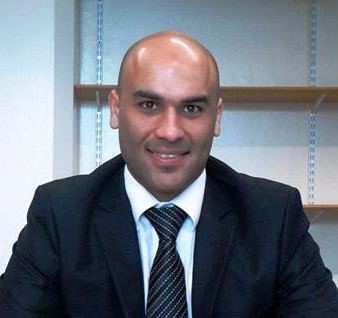
Keynote Speakers of WSCSC 2023

Decheng Wan, Professor, School of Naval Architecture, Ocean & Civil Engineering of Shanghai Jiaotong University, China
Biography: Wan Decheng, the Ministry of education of Yangtze River scholar Professor, the Distinguished professor of Shanghai Jiao Tong University, one of Shanghai outstanding academic leaders, The Shanghai East scholar ( tracks plan) professor, the Doctoral Tutor, the Shanghai Pujiang Talent Fund Winner, the Ministry of Education New century talents scheme winner, the Adjunct professor of Strathclyde university and Dalian University of Technology, the Vice dean of Science and Technology Development Institute, Shanghai Jiaotong University, Deputy Dean of advanced Technology and Equipment Research Institute (presiding) and the Director of Marine and Ocean Engineering computational hydrodynamics Center.

Xun Gong, Professor, School of Materials Science and Engineering, Shenyang Ligong University, China
Speech Title: Focus on Digital Construction of Smart Cities from COVID-19 Epidemic Prevention and Control
Abstract: In recent years, COVID-19 epidemic prevention and control, the construction of smart city has played a positive role. Many places have built an all-around and three-dimensional epidemic prevention and control system through grid management precision control, big data analysis precision judgment, mobile terminal connectivity, and city brain comprehensive command, which has significantly improved the agility and accuracy of responding to the epidemic. Many applications of new-generation information technologies, such as big data, artificial intelligence, cloud computing, blockchain and 5G, have provided efficient services for fighting the epidemic.

Ran Tao, Professor, College of Water Resources and Civil Engineering, China Agricultural University, China
Speech Title: Mode Decomposition Based Researches in Hydraulic Machinery Flow Cases
Abstract: Hydraulic machinery is widely used in industrial and agricultural fields for the delivery of water and other liquid mediums. It is usually filled with fully developed turbulence, and its characteristics are difficult to predict. The analysis of internal flow in hydraulic machinery is conducive to solving the problem of unstable operation caused by turbulence. Computational fluid dynamics (CFD) based mode decomposition of flow field has become popular in recent years. It can greatly reduce the complexity of the flow field, so that each mode represents the specific energy information or frequency information of the flow field. After the low energy mode is removed, the data volume of the high energy mode is greatly reduced. This method is also conducive to effectively summarizing the universal laws of similar flows. After the flow mode is split, machine learning can be used to replace CFD. This application can greatly reduce the prediction time and provide a new solution for future flow analysis. It is also helpful for us to have a better understanding of water flow and other liquid flow in engineering cases.

Assoc. Prof. Muhyiddine Jradi, University of Southern Denmark, Denmark
Biography: Muhyiddine Jradi, PhD, is an Associate Professor in Energy Engineering and the leader of the Building Energy Modelling and Simulation Group at the Center of Energy Informatics at the University of Southern Denmark. He has a mechanical engineering background and received his PhD degree in Sustainable Building and Energy Technologies from the University of Nottingham, in 2014. Dr Jradi’s main research interests include energy efficient systems, building energy modelling and simulation, energy renovation, multi-generation systems, energy systems numerical modelling and simulation, renewable energy and energy storage. Dr Jradi is currently leading and taking part in multiple international research projects in collaboration with industrial partners and public parities with funding exceeding 6 million USD. In addition, he is serving as a member of multiple journal editorial boards and international conferences’ scientific committees. He has received multiple awards including the Dean of Engineering Research Scholarship for International Excellence from the University of Nottingham and the Sakkal Renewable Energy Award from the American University of Beirut. Dr Jradi research work has led to more than 150 academic publications in leading journals and international conferences.
Speech Title: Towards Smart and Energy Efficient Buildings and Communities
Abstract: Buildings and building blocks are considered key components in most of the national and international legislation and initiatives aiming to reduce energy consumption and the corresponding emissions and achieve energy and environmental goals. However, most of the efforts and investigations reported in recent years have concentrated on the energy-efficient design and performance improvement of single buildings or limited clusters of buildings. Considering the transition towards interconnected cities and communities and the widespread evolution of smart and flexible thermal and electrical grids and microgrids, there is an urgent need to scale up the effort from energy efficient single buildings and clusters to interconnected, energy-efficient, and flexible cities and neighborhoods. In this talk, recent advancements in the field of building energy performance optimization and improvement using dynamic energy modeling will be presented. In addition, a holistic approach to upscaling the effort and improving the energy design of smart communities and districts will be highlighted. In this regard, a case study of an actual district in Denmark will be demonstrated.
